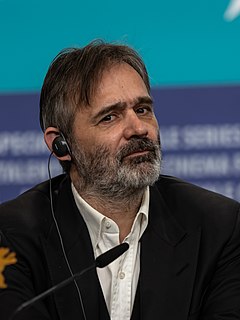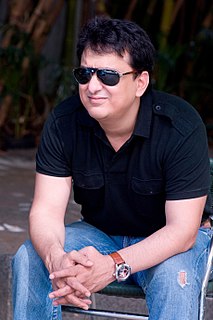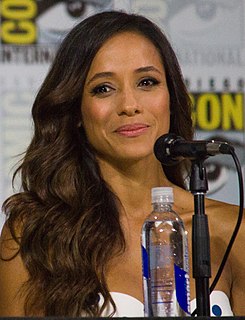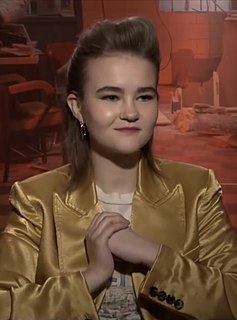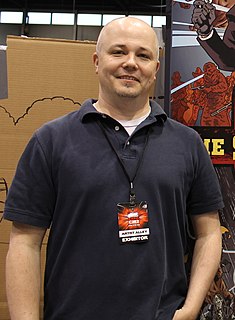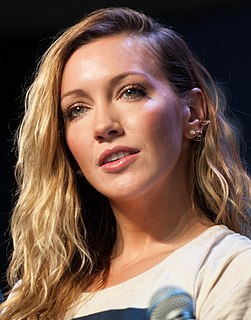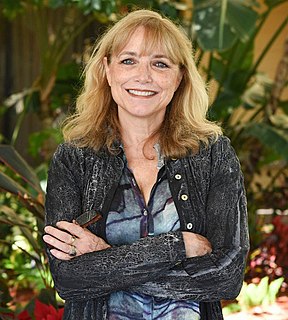A Quote by Miranda Otto
If there is a book that the script came from you have to read it, you have to see what you can get out of it: mood, back story and things that may not even be in the film. They kick off your imagination and broaden the character, I think.
Related Quotes
When you start out as an actor, you read a script thinking of it at its best. But that's not usually the case in general, and usually what you have to do is you have to read a script and think of it at its worst. You read it going, "OK, how bad could this be?" first and foremost. You cannot make a good film out of a bad script. You can make a bad film out of a good script, but you can't make a good film out of a bad script.
Whenever I read a script or sign a film, I don't see whether he is a bad guy or a good guy. I see how much the character is contributing to the story? How much is the importance of the character in taking the story forward? And what new I would be able to learn and what new I would be able to try in that?
After I read the story of 'Dangal' and before the film released, I called director Nitish Tiwari asking him if he had any good script. He told me to wait for some time. So we had three-four sittings, and this film, 'Chhichhore,' came to him. The film did not have superstars, but I felt that this is the script that needs to be told.
I think 'The Girl with the Dragon Tattoo' is a good example of a film where you have to juggle a whole lot of information to follow that story, and even if you haven't read the book, it seems to go pretty well. And that is a film where the characters didn't meet until 74 minutes into the film, not on page 17.
Horror used to be one thing, and I think that's starting to broaden - there can have subgenres, and other things can be going on in a horror story. In comics, you'll never get the 'Boo' effect in a comic; you can go for mood, atmosphere and personal tragedy to build the horror elements and sense of dread.





